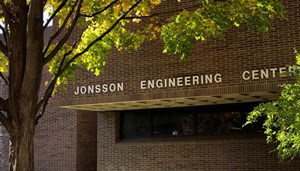10-Questions is a feature initiated by Dean Shekhar Garde to highlight the accomplishments of our students, faculty, and alumni. 10-Questions focuses on academic and professional accomplishments as well as some personal perspectives and experiences.
10 Questions With...

On Engineering Trustworthy Robots, Optimizing Complex Systems, and Embracing Life’s Big Adventures
I grew up in Seekonk, MA, a town just outside of Providence, RI. When I was a junior in high school, my guidance counselor told me about an event at RPI called 'Design Your Future Day.' I didn’t know much about the school, but I knew I wanted to pursue either math or engineering, so it seemed like a great way to explore different majors. That event solidified my decision; RPI shot to the top of my list, and I knew I wanted to be an engineer. I
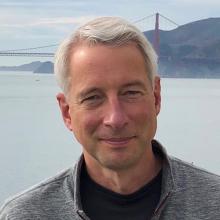
On solving the hardest problems, supporting innovations in semiconductors, and mentoring the next generation of founders
I was born and raised near Pittsburgh, PA. In school, I gravitated to sports, math, and science. I wanted to “make things,” so I chose to pursue a materials science degree at Penn State. During a summer internship with Intel in Arizona, I became fascinated with semiconductors. I chose to work at IBM, which was the pinnacle of semiconductor technology at the time.
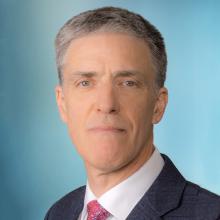
On Creativity, Curiosity, Lifelong Learning, and Leading in the Age of Innovation
I grew up in Haddonfield, New Jersey, just outside of Philadelphia, in a home filled with electronics, computers, and ham radio equipment—my father nurtured a deep interest in the sciences. But it was also a house where music, theater, and the arts were ever-present, creating a balance between technical curiosity and creative expression.

From Athletic Fields to Advancing Women’s Health – A Journey of Creativity, Teamwork, and Resilience
I grew up locally in a very small town, Speigletown, that sits right between Troy and Schaghticoke. I come from several generations of dairy farmers and as a quintessential tomboy, I spent most of my childhood outdoors, whether I was working on the farm, playing sports or simply exploring the land around me.

From Puerto Rico to Washington DC via Troy, NY – A journey to improve national infrastructure
I was born and raised in Puerto Rico. I grew up in a small rural town on the island filled with beautiful coastal views and amazing beaches. I lived there until I graduated from the University of Puerto Rico, Mayaguez Campus with my undergraduate degree and then moved to NY to go to grad school at RPI.
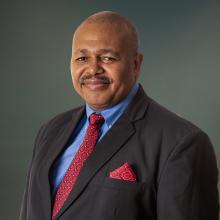
On a multidisciplinary and intercontinental journey, building bridges among people, and the future of Africa
I grew up in the northern part of South Africa, in the historic area of Sekhukhuniland in the old Transvaal Province, the present-day Limpopo Province. The area was named after my great-grandfather, King Sekhukhuni I.

On the Desire to Learn More, Those Golden Days, and Being an Engineer Every Day
Upstate New York has been home my entire life. I was born and raised in Cazenovia, a small town in Central New York. I attribute my study of engineering to the opportunities the Cazenovia school district and community offered.

On Career Paths, the RPI Ratio, and Having Fun
I was born in Oak Ridge, Tennesee, attended kindergarten at the two-room public school in the village of Streatly on the Thames, England, and went back to Oak Ridge for the next two years.
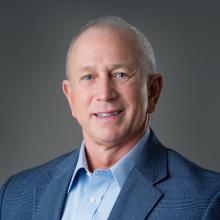
Engineering a Better World
My title at Corning is Senior Vice President and Chief Engineer. I’m grateful to lead an engineering organization in a Fortune 500 company that’s been in existence for more than 170 years.
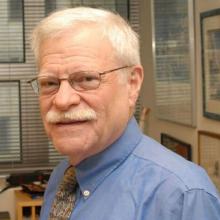
On challenging the convention, lighting the flame, and opening the doors of opportunity…
In my early years, I moved around quite a bit as a child; born in Brooklyn, New York, moved to Long Island, NY and then back to Brooklyn where I graduated from Lafayette High School in 1963.
